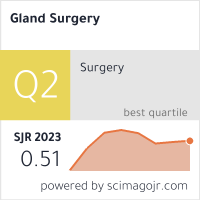NURSING INTERVENTIONS TO PREVENT PRESSURE ULCERS IN LONG-TERM CARE FACILITIES
Abstract
Pressure ulcers, also known as bedsores, are a significant health concern in long-term care facilities, impacting patient comfort, recovery, and overall quality of life. This study explores the effectiveness of nursing interventions designed to prevent the development of pressure ulcers among residents in long-term care settings. Preventive measures include regular repositioning, use of pressure-relieving devices, skin assessment protocols, hydration and nutrition management, and staff education on ulcer prevention.
Results indicate that consistent application of repositioning schedules and specialized support surfaces significantly reduces pressure ulcer formation. Additionally, training programs for nurses on early detection and skin care significantly improve adherence to preventive practices.
Findings emphasize that a comprehensive, multi-faceted approach—incorporating regular assessments, adequate nutrition, and education—effectively mitigates risk factors for pressure ulcers in vulnerable populations. This research underscores the critical role of nursing staff in pressure ulcer prevention and highlights the need for ongoing staff training, standardized protocols, and institutional support to foster a culture focused on patient-centered care and proactive prevention strategies in long-term care settings





